South Korea’s striking truckers weigh blocking coal shipments to power plant if demands rejected
South Korean truckers, on their seventh day of nationwide strikes, say they are considering blocking shipments of coal to a power plant if the government turns down their demands for minimum pay guarantees.
Kim Jae-gwang, the leader of South Korea’s Cargo Truckers Solidarity Union, said on Monday that the union was weighing several options to press its demands, including stopping coal to generate electricity and shutting down petrochemical complexes by blocking incoming and outgoing shipments.
"We are thinking of a complete blockade," Kim said, referring to coal shipments to a power plant in Gunsan, North Jeolla Province, without specifying it by name. “But we hope such a situation doesn't happen."
Kim said the union members were temporarily letting some movement of traffic to prevent the shutdown of petrochemical facilities, but they would "reconsider" it if the government did not show willingness to negotiate.
Some 7,050 people, or about 32% of union members, were striking on Monday, with the transport ministry saying in a statement that it plans to continue talks with the union to resolve the situation.
Over the past week, the union has been protesting against soaring fuel prices and demanding minimum pay guarantees, with four rounds of negotiations with the government having failed to lead to a compromise.
According to estimates by the South Korean government, the strike has so far cost key industrial sectors in Asia's fourth-largest economy more than $1.2 billion in lost production and unfilled deliveries, crippling cargo transport at the country's industrial hubs and major ports.
The strike has forced steelmaker POSCO to shut some plants because of a lack of space to store finished products.
The Korea Automobile Manufacturers Association said the strike also caused manufacturing losses of 5,400 vehicles for the country's automakers, with Hyundai Motor cutting production for some assembly lines. Cement makers have also reduced output.
Political analysts see the strike as a first test of the managerial skills of the new South Korean president, Yoon Seok-youl, who has been in power for only one month.
Yoon urged the truckers on Thursday not to resort to violence, saying that the government is trying to resolve the situation through dialogue.
South Korean labor unions have in the past resorted to different tactics and strategies to achieve their goals, which include industrial action and walkouts, sit-in protests, hunger protests, self-immolation, violence, kidnapping, and the occupation of buildings.
South Korea's inflation is set to hit a 24-year high of 4.8 percent this year, the Organization for Economic Cooperation and Development said last week.
US-Israeli strike targets IRIB facility; broadcasts continue
IRGC: Latest waves of Op. True Promise 4 led to tanker strikes, base shutdowns, heavy casualties
CENTCOM confirms US troops killed in Iran’s retaliatory strikes
China ‘strongly condemns’ US-Israeli assassination of Iran’s Leader
Iran sees no limits in defending itself after Leader's ‘dangerous’ assassination: FM
IRGC strikes USS Abraham Lincoln aircraft carrier with volley of ballistic missiles
Iranian armed forces to pulverize US bases across the region: Pezeshkian
Enemy will take dream of enslaving the Iranian nation to grave: Army chief


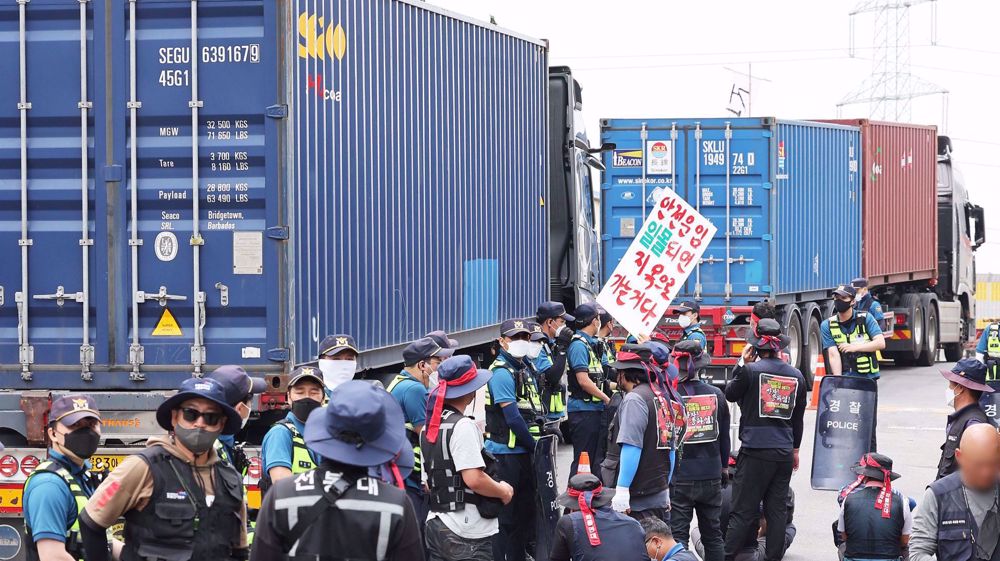
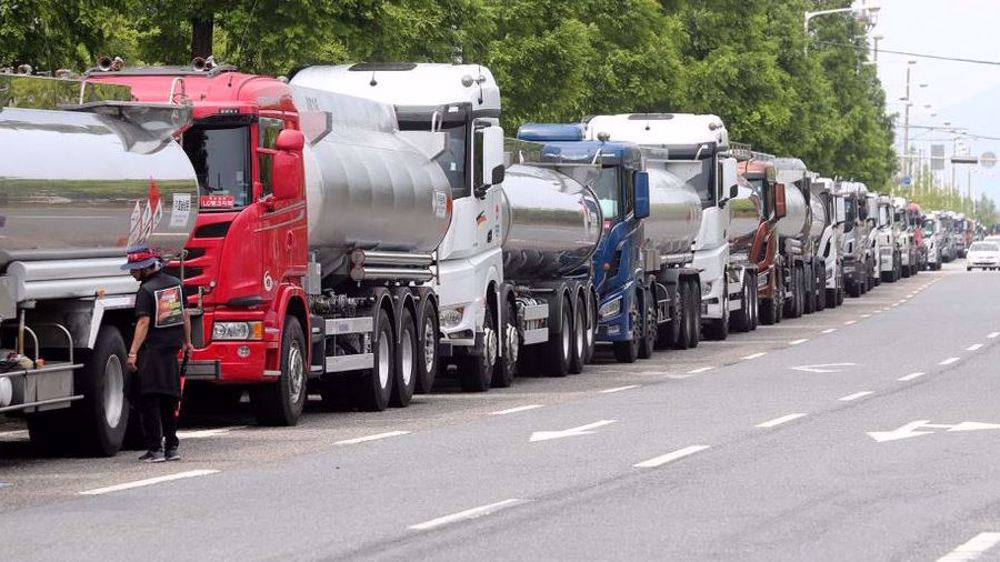
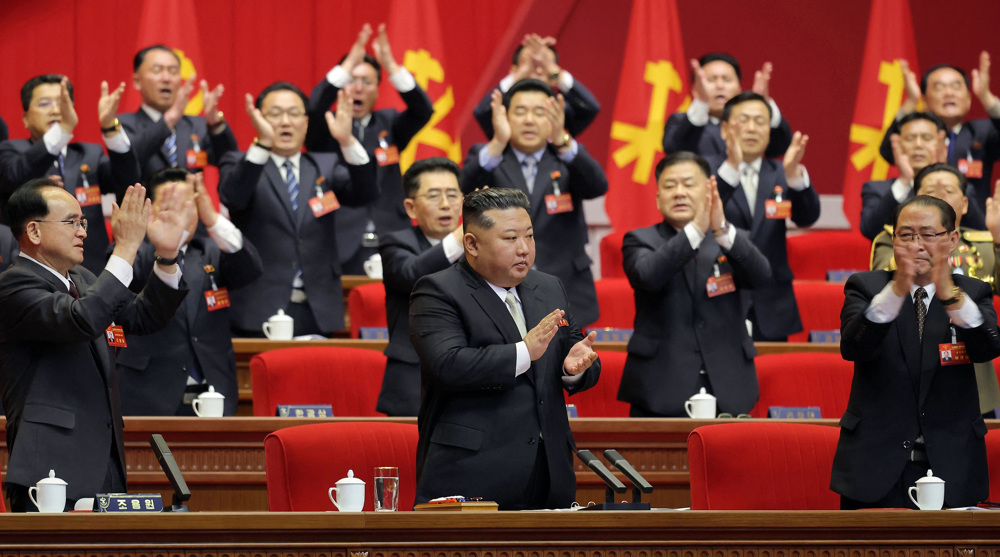
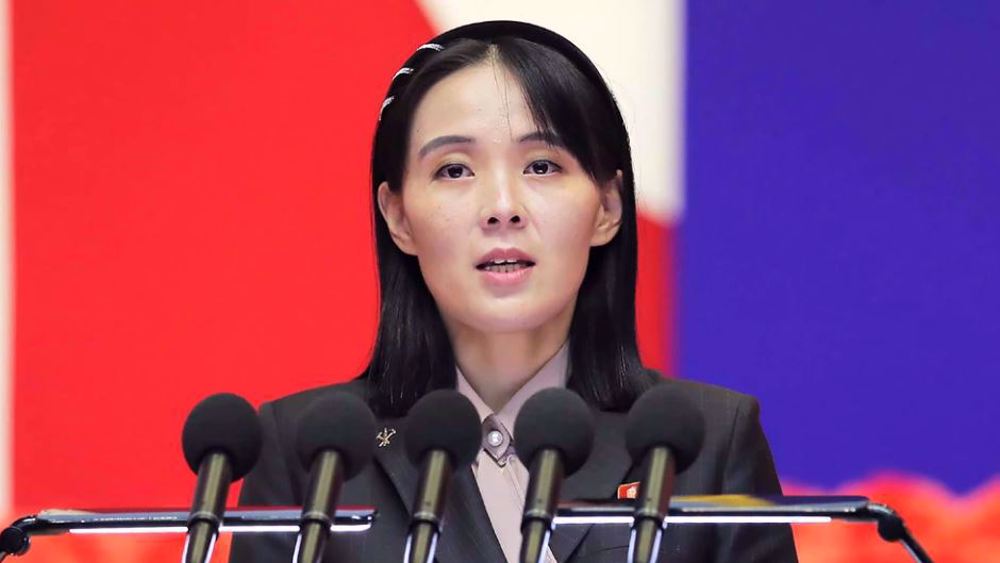
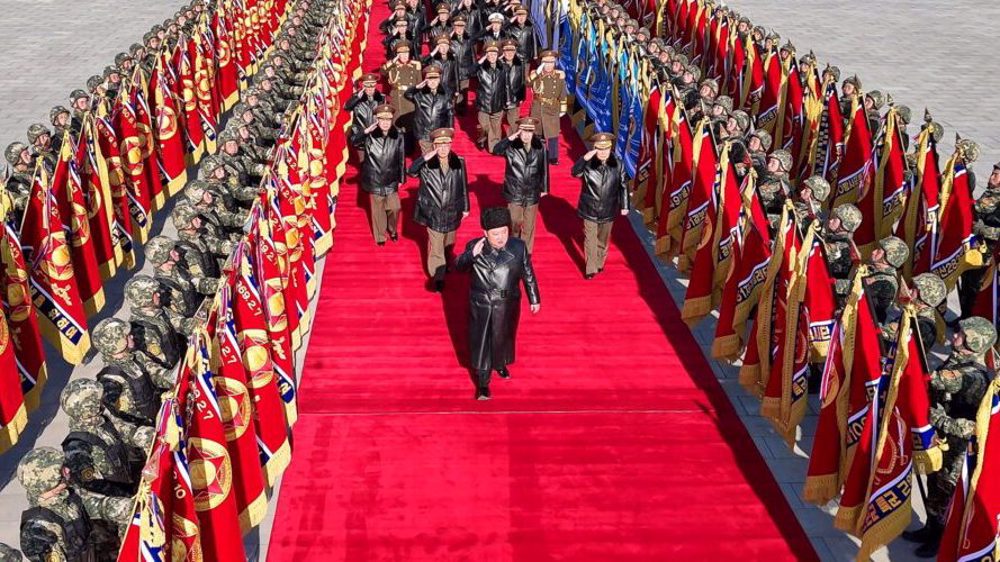




 This makes it easy to access the Press TV website
This makes it easy to access the Press TV website